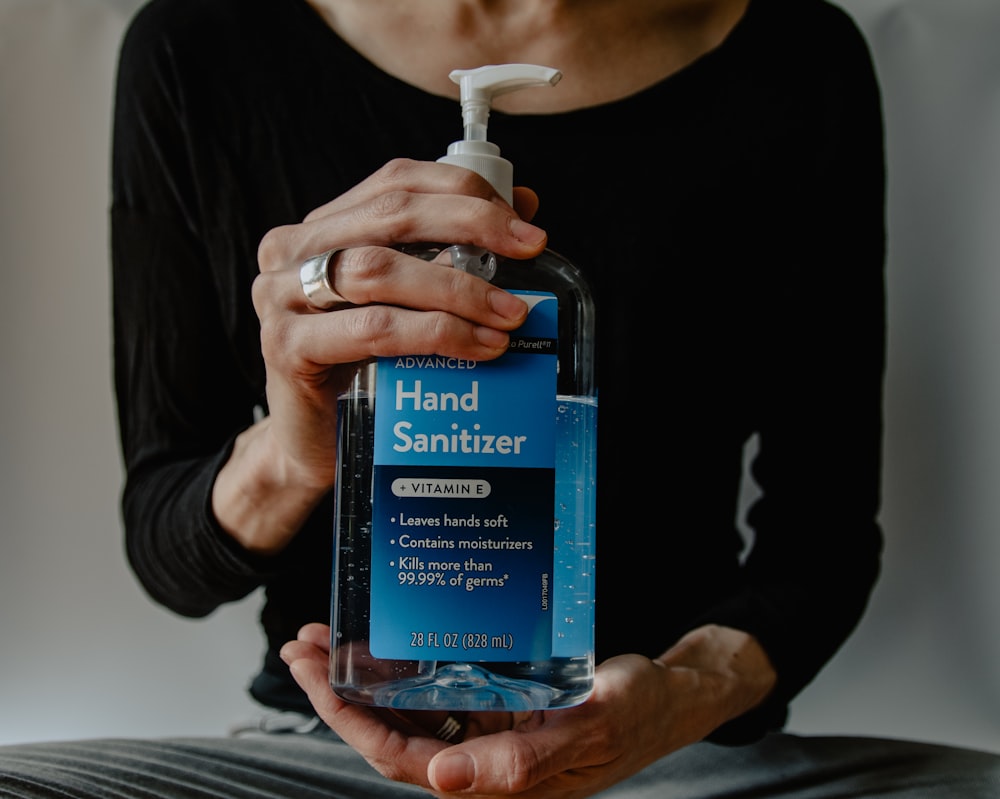Unlocking the Secrets to Oral Health and Hygiene
Understanding the Importance of Oral Health
Oral health is not just about having a bright smile; it’s an essential component of overall well-being. A healthy mouth can contribute to better digestion, improved speech, and even reduced risk of certain diseases. Therefore, prioritizing oral health and hygiene is crucial for maintaining a healthy lifestyle.
The Basics of Oral Hygiene
Maintaining good oral hygiene involves a combination of daily habits and regular dental visits. Brushing your teeth twice a day with fluoride toothpaste, flossing daily, and using mouthwash can help remove plaque and prevent cavities. Additionally, scheduling regular check-ups with your dentist for cleanings and exams can catch any issues early and prevent them from worsening.
Tips for Effective Brushing
Proper brushing technique is essential for optimal oral hygiene. Use a soft-bristled toothbrush and fluoride toothpaste, and brush in gentle circular motions for at least two minutes. Be sure to brush all surfaces of your teeth, including the fronts, backs, and chewing surfaces. Don’t forget to brush your tongue as well, as it can harbor bacteria that contribute to bad breath.
The Importance of Flossing
Flossing is often overlooked but is just as crucial as brushing for maintaining healthy teeth and gums. Flossing removes plaque and food particles from between the teeth and along the gumline, where toothbrush bristles can’t reach. Make it a habit to floss at least once a day, preferably before bedtime, to keep your mouth clean and healthy.
Choosing the Right Mouthwash
Mouthwash can be a helpful addition to your oral hygiene routine, but it’s essential to choose the right one for your needs. Look for a mouthwash that contains fluoride to help strengthen tooth enamel and prevent cavities. If you have specific concerns such as bad breath or gum disease, consider using a mouthwash that targets those issues.
The Role of Diet in Oral Health
What you eat can also impact your oral health. Sugary and acidic foods and drinks can contribute to tooth decay and enamel erosion, so it’s essential to consume them in moderation. Instead, focus on eating a balanced diet rich in fruits, vegetables, lean proteins, and dairy products, which provide essential nutrients for healthy teeth and gums.
The Benefits of Regular Dental Visits
In addition to practicing good oral hygiene at home, regular dental visits are crucial for maintaining optimal oral health. Your dentist can detect any issues early on, such as cavities, gum disease, or oral cancer, and provide treatment before they progress. Dental cleanings also remove plaque and tartar buildup, keeping your teeth and gums healthy.
Preventing Common Dental Problems
By prioritizing oral health and hygiene and adopting healthy habits, you can prevent many common dental problems. Cavities, gum disease, and bad breath are all preventable with proper oral care. Additionally, wearing a mouthguard during sports and avoiding habits like smoking can further protect your oral health.
The Importance of Oral Health Education
Education plays a vital role in promoting oral health and preventing dental problems. By understanding the importance of oral hygiene and adopting healthy habits from a young age, individuals can enjoy a lifetime of healthy smiles. Therefore, it’s essential to educate yourself and your family about the importance of oral health and how to maintain it.
Conclusion
In conclusion, oral health and hygiene are essential for overall well-being. By prioritizing oral hygiene habits such as brushing, flossing, and regular dental visits, you can maintain a healthy mouth and enjoy the benefits of a bright smile for years to come. Remember to make oral health a priority in your daily routine and seek professional dental care when needed to keep your smile healthy and radiant. Read more about oral health and hygiene















